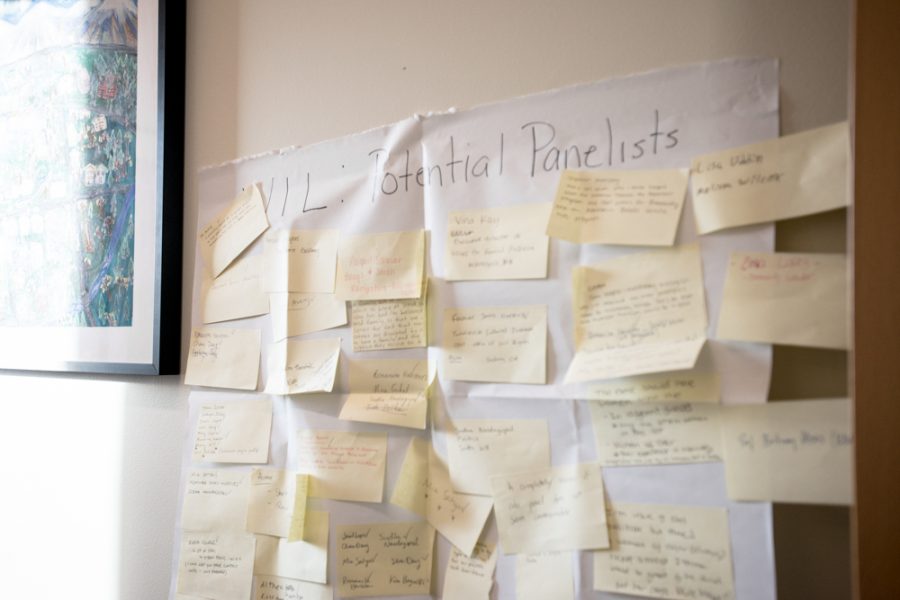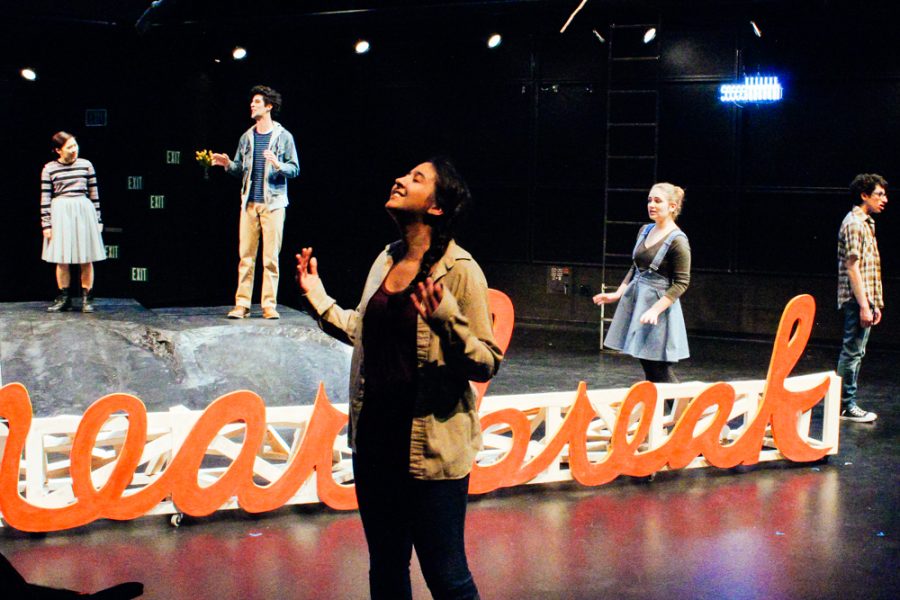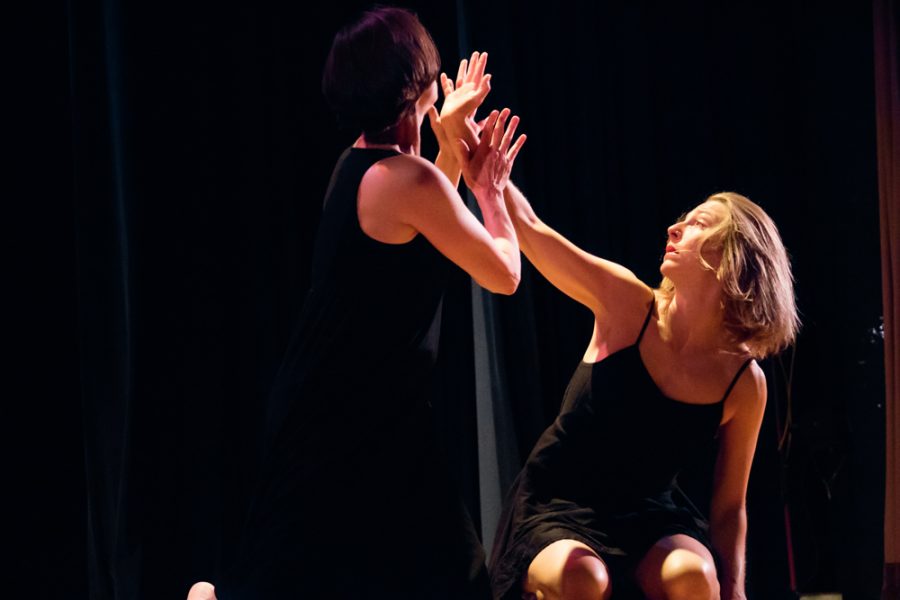
“I don’t want to talk about climate change; I’m not going to talk about climate change. I want to talk about climate justice,” said David Schlosberg as he opened his lecture, “Rethinking Global Climate Justice: Capabilities, Vulnerabilities and Adaptations,” on Monday, March 1.
Schlosberg, professor of politics and international affairs at Northern Arizona University, gave the second of four lectures this semester for Conversations on Climate Change, a new lecture series sponsored by the politics and environmental studies departments and the Global Studies Initiative.
Schlosberg emphasized the climate justice paradigm: If people have the right to a steady climate, then they posses the duty to create one. He also addressed the theories and options available to rectify the situation.
Professor of Political Science Phil Brick hopes for a renewed community awareness through the lecture series.
“The climate community’s constant messaging of doom and gloom is shopworn and can’t compete with people’s more urgent concerns about the economy, national security, education, etc.,” he said in an e-mail. “It’s time to change the conversation.”
Lecturers from the series also make classroom visits to allow students to ask questions about related topics.
“I am firmly convinced that the wider the conversation, the more likely the public will come to understand the many dimensions of the problem,” said Brick.
Throughout the lecture, Schlosberg outlined the leading theoretical proposals for climate justice which led to an influx of questions pertaining to the feasibility of enacting those solutions.
“Developing countries have done the least to pollute and yet many now face some of the most severe symptoms of global climate change . . . The question [now] is should they have to deal with such problems on their own?” asked first-year Daniel Merritt in an e-mail.
Merritt found Schlosberg’s proposed adaptation relevant and intriguing.
“[Schlosberg] brought up what I feel are genuine concerns with many environmental plans today. Especially the notion that it is too late for mitigation strategies. My concern lay with his notion that adaptive strategies still fall under the criteria of an aspect of climate justice,” he said.
First-year Lisa Beneman concurred.
“[Schlosberg] brought up interesting points about the current leading ideas about environmental justice and how they should be changed to better fit society,” she said.
With more lectures and speakers to come, Brick’s efforts to ignite awareness are continuing.
“We need to think about ways climate change will affect communities across the globe in different ways, raising critical issues of justice,” he said.
Brick and Schlosberg assert that climate change is no longer debatable; only the future solution to it is. As a generation that will be faced with the consequences of climate change, Brick encourages students “to attend the lectures and ask questions!”










